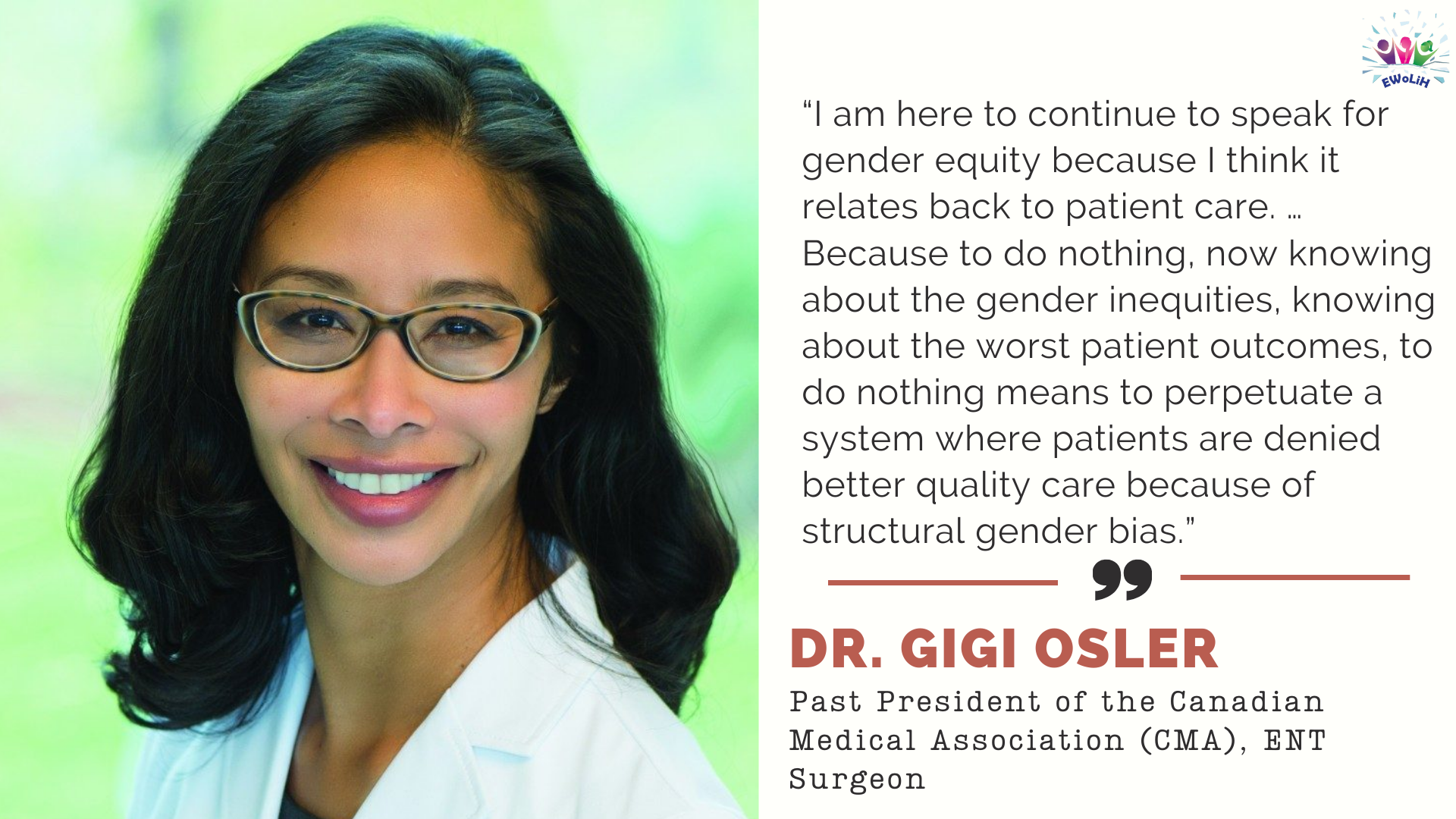
Goal-Oriented Leaders
Set Directions
Strategically Align Decisions with Vision, Values, and Evidence
Take Action to Implement Decisions
Assess and Evaluate
Achieve EDI-Informed Results
Ivy Lynn Bourgeault, University of Ottawa & Canadian Health Workforce Network
The third A in the LEADS Framework, Achieve Results, focuses on goal-oriented leaders. The four capabilities – set direction; strategically align decisions with vision, values and evidence; take action to implement decision and assess; and evaluation – are all relevant to EDI. EDI-informed, goal-oriented leaders dedicate resources to address EDI outcomes and embed these processes within their department, division, or organization. First, leaders must establish a baseline knowledge through environmental scanning and audits of EDI data (e.g. staff, clients, and services), if they do not already exist. Next, they must consult a diverse range of interested stakeholders in high-level meetings to reach a (near to) consensus direction of EDI initiatives that are in alignment with organizational vision and values. These EDI plans must be resourced, implemented, and acted upon and supported with evidence-informed tools. One made-in-Canada EDI toolkit, developed from the Empowering Women Leaders in Health initiative, is available on the LEADS platform . Tools include EDI-aware hiring and promotion practices and EDI-supportive organizational policies, processes, and culture. Continuous monitoring, reassessment, and evaluation to track progress towards EDI goals and resetting direction for continuous improvement must be embedded in organizational processes for optimal results.
In health care, do the people in power reflect the people they serve?
Despite initiatives to promote diversity on Ontario healthcare boards, visible minorities account for just 22% of LHIN boards and 14% of hospital boards. Prioritizing professional backgrounds, time restraints, and fundraising duties are all obstacles. Camille Orridge emphasizes the need of taking a comprehensive strategy to ensuring that community perspectives are heard.
9 out of 10 people are biased against women: global study
According to a global research conducted by the United Nations Development Programme, approximately 90% of individuals have prejudices against women, which affects politics and corporate leadership. Surprisingly, roughly one-third of respondents support violence against women. Gender equality progress has stagnated, necessitating more effective strategies to counteract these ingrained prejudices.
Sexual Harassment of Canadian Medical Students: A National Survey
This study stresses the importance of ensuring respectful environments in canadian medical schools in order to prevent sexual harassment.
Truth and reconciliation: Healthcare organizational leadership
This article focuses on the importance of Indigenous representation in healthcare leadership positions.
Kaizen "Focusing on Continuous Improvement in the Workplace"
This article focuses on the "Continuous Improvement Model" which is used in the workplace to improve work culture and daily performance.













